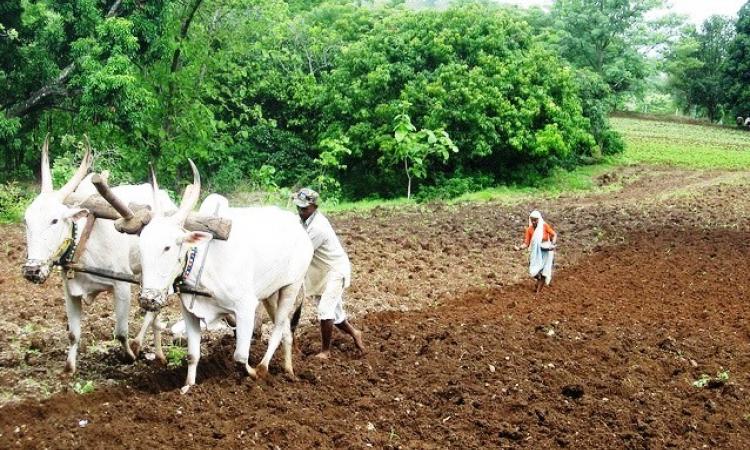
Marathwada has been witnessing severe drought over the last few years. This year has seen the worst with many farmer suicides reported [1]. The article--Agriculture is injurious to health-- published in Economic and Political Weekly, May 7, 2016 warns that Marathwada is a classic example of an environmental disaster in the wake of climate change. Vidarbha, too, is undergoing similar changes.
Farmers here are finding it very difficult to go on with farming with many of them slowly migrating to the cities and taking up new occupations. In fact, the paper argues that these days, agriculture has become injurious to health and the outcome of farming in India is death. Despite no formal acknowledgement of this truth, the increasing cases of farmer suicides stand testimony to it.
Lack of planning and poorly designed agricultural policies
The article questions the lack of political will at the central as well as the state levels to draw up systematic action plans for agricultural research and disaster mitigation in the face of climate change. This is reflected in the lack of adequate research and efforts made for better weather and rain-prediction mechanisms, developing climate-resilient agricultural products such as heat-resistant wheat varieties successfully used in certain African countries or crops that can withstand water stress, in spite of India coming second on the climate-change vulnerability index.
The agricultural policies, too, do not provide any security to the farmers. In fact, they seem to have been designed to increase the insecurity of farmers. For one, there is reduction in the fertiliser subsidy. The increase in the minimum support price of agricultural produce by a mere 4-5 percent, as compared to 15 percent earlier, have led to the increase in the cultivation costs. This, despite the fact that the income generated from farming has not improved substantially.
The compensation for crop loss given by the state government to farmers is a cruel joke as it is much lower than the cost of cultivation which leaves the farmer with nothing in his hand for the next sowing which needs to start within 35 to 50 days, in case of crop failure. The lack of economic security often forces farmers to approach moneylenders who charge interest rates between 48 percent to 100 percent per annum, as nationalised banks do not help farmers. The farmer then gets caught in a spiral of debts.
In fact, understanding this situation, the Swaminathan report recommends loans to farmers at a simple interest of 4 percent, along with crop-insurance and health-insurance schemes [2]. It also suggests setting up state commissions with the help of farmers’ representatives and centres in disaster-prone areas to help them along with the establishment of a 'special agricultural zone' like the 'special economic zone' that can cater to the needs of agriculture and farmers. None of this seems to be taken into consideration in the policies.
Climate change adaptation as a window of opportunity
The article ends by warning that the Marathwada region is undergoing major socio-economic changes. The young and the healthy who migrate to other places for opportunities leave behind a population dominated by the old. This sends out a strong signal of things to come if the issue of climate change is left unattended to. The other region in the state, Vidarbha, too is not far behind with increasing cases of drought-related death and devastation. This calls for immediate action.
Climate-change adaptation offers an opportunity for innovative approaches to boost the stagnant rural economy. In the absence of sincere and planned action, however, Marathwada is most likely to be ravaged by droughts even more frequently and face socio-economic devastation on a gigantic scale.
References
1. Dattatrye, Manoj (2016) Farmer suicides in Marathwada cross 400 mark in 4 months; toll reaches 1,548. The Indian Express, May 17, 2016. Accesssed on 5th June 2016.
2. PRS Legislative Research (2016) Swaminathan report: National Commission on farmers. Accessed on 8th June 2016.
A copy of the paper can be downloaded from below:
/articles/environmental-disaster-face-climate-change